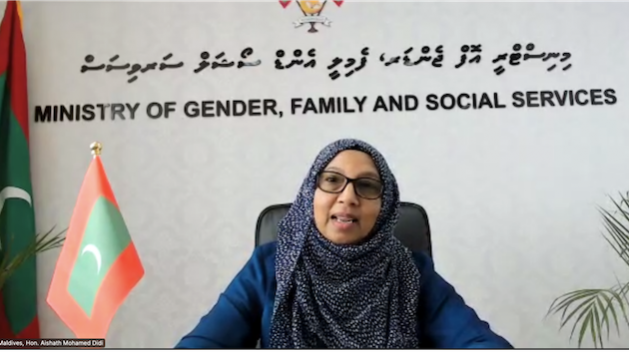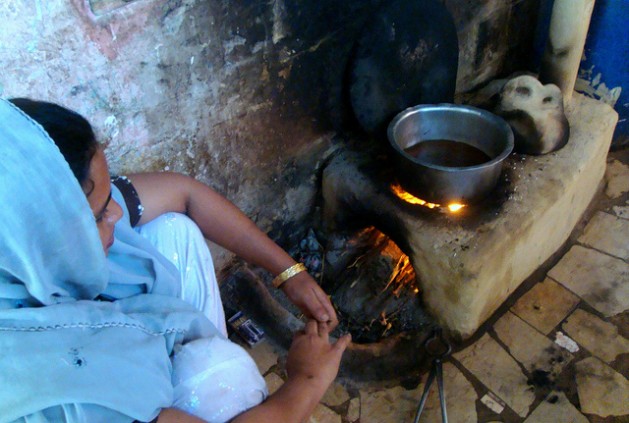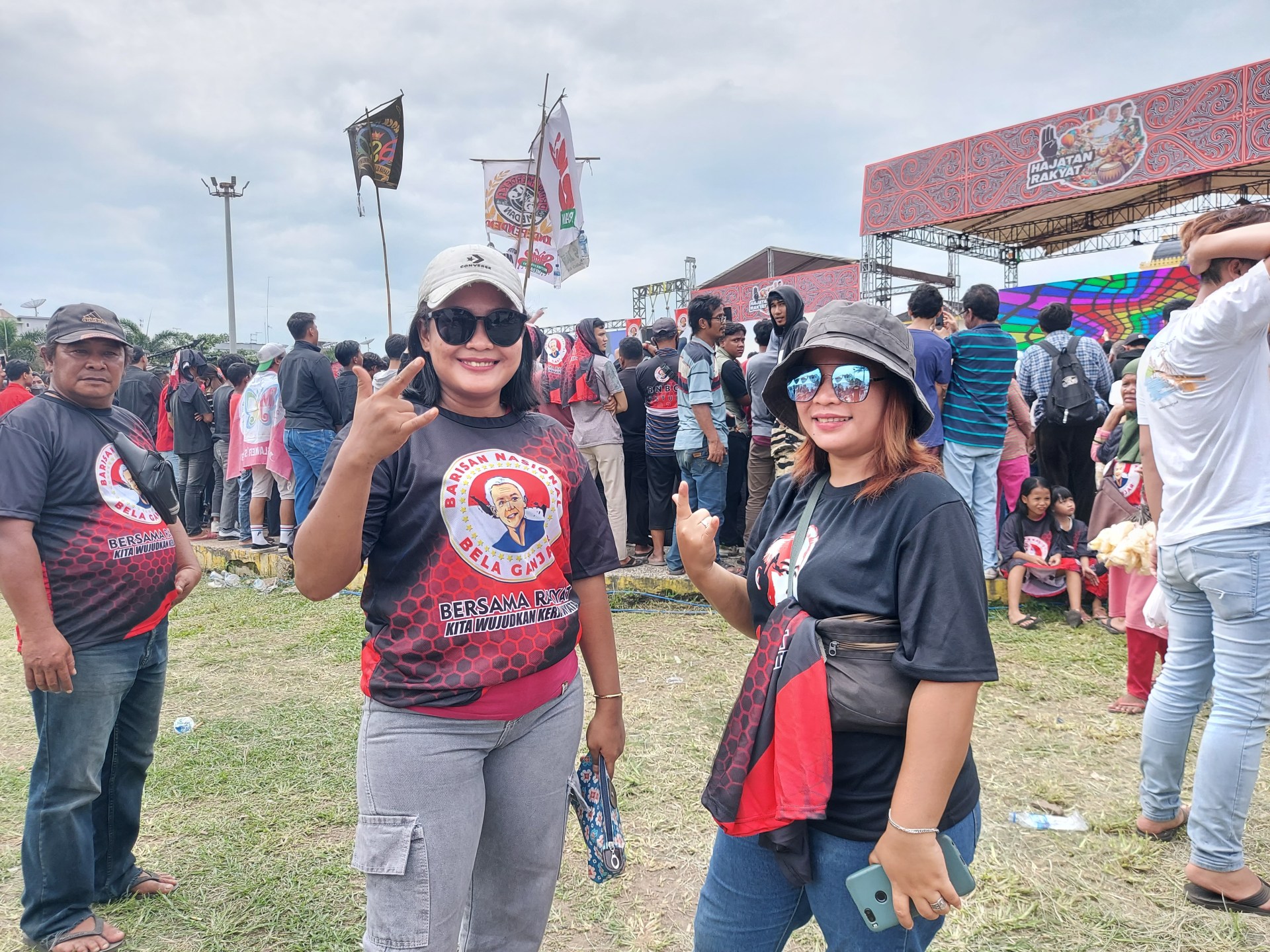Anger and despair after Morocco earthquake as communities wait for help
Moroccan authorities said Sunday that more than 2,122 people had been killed and more than 2,400 injured in the 6.8-magnitude quake that destroyed homes and shattered lives throughout the High Atlas Mountains. Three days of mourning have been declared nationwide and the death toll is expected to rise as the full scale of the tragedy comes into view.
In the small town of Amizmiz, buildings were still collapsing Sunday afternoon, nearly 40 hours removed from the Friday night quake. In one home, traces of its former inhabitants could be glimpsed in the ruins of a second-floor ceiling: velveteen blankets, suitcases, rugs, a sagging mattress. Survivors had moved to higher ground, pitching tents on stretches of flat, dry land.
Though aid had begun to trickle into Amizmiz, an administrative center nestled in a mountain valley, no search-and-rescue teams had arrived. The blare of sirens could be heard in the distance, as ambulances raced up the main road toward villages deeper in the countryside.
Morocco has deployed its army to lead search-and-rescue efforts, and has mobilized more than 1,000 doctors and 1,500 nurses. Aid groups have set up shelters for residents who lost their homes, or who cannot return to them due to structural damage or fear of aftershocks.
The country’s Royal Palace has remained mostly silent in the early days of the crisis. Images of King Mohammed VI chairing emergency cabinet meetings have been shared on social media, but the king has yet to address the public.
“There is a tendency for [the palace] to sort of be cautious, be careful, calculate his image, make sure that all the moments are right before he is put out there,” said Intissar Fakir, director of the Middle East Institute’s North Africa and Sahel program. “This circumstance really needed something much more immediate, and needed something much more sort of organic and heartfelt.”
In the center of Amizmiz, an angry crowd surrounded a Moroccan soldier. “This is chaos,” one man shouted.
The quake zone is vast, remote and rugged. Many roads are still blocked by debris; untold numbers of crumbled homes still need to be searched for survivors. Some of the worst-hit areas can only be reached by helicopter.
Offers of support have poured in from around the world, and specialized rescue crews across the European Union stood ready to deploy. An assessment team from the United States arrived Sunday to support the efforts of the Moroccan government.
“We have the U.S. Agency for International Development, which takes the lead in these efforts, that is ready to go,” Secretary of State Antony Blinken told CNN. “And we await word from the Moroccan government to find out how we can help, where we can help.”
But by late Sunday, Moroccan authorities had accepted help from only a handful of countries.
Tunisia’s interior ministry said Sunday that it was sending a team of about 50 people, including medical staff and canines, as well as a makeshift field hospital, thermal monitoring devices and a drone. Rescue teams from Qatar, Spain, Britain and the United Arab Emirates were also being discussed, authorities said.
Ali Ouali Abdelgahni, 40, said his family had lived in Amizmiz for more than a century. Their home was gone now. “There is nothing left,” he said. “It’s just God’s will. What matters is that everyone, my family members, are safe.”
In the absence of government help, the community had pulled together. Relatives in Europe sent money. Neighbors opened their homes and pantries. “If your house is half damaged and you still have some furniture, some food, you share with people whose houses are fully destroyed,” Abdelgahni said.
After the initial shock, Dahir Mourad, a butcher, reopened his shop Sunday so locals could eat. “My shop survived, thank God, maybe to help,” he said. He recalled nightmarish details of the earthquake: “Horrific sights, broken limbs, people running in a frenzy.”
“We haven’t slept since,” he said. “We’re pulling people out from the rubble.”
With no proper hospital nearby, victims can only be taken to the local medical center for triage. Any treatment beyond splints and stitches requires a trip to Marrakesh, about an hour and a half away.
At the medical center Sunday afternoon, volunteer staff and aid workers with the Red Cross and Red Crescent rushed old women hooked to IVs into waiting ambulances. A body bag on a stretcher was rolled toward the morgue.
“The situation is currently stable,” said doctor Yaqoubi Abdelhadi. “But since people haven’t yet come from remote areas, we are in high alert to brace for what may come.”
Around 20 doctors — all of them volunteers, from around the country and abroad — were working 24/7, he said. They’d treated hundreds of patients so far, he estimated, and were working with authorities to access remote villages.
“The situation is catastrophic,” said Mohamed Hanine, a nurse at the scene. “Coordination is terrible, locating places is impossible. Some villages are inaccessible. We have no way to get to them.”
The worst-hit provinces are among the poorest in Morocco, with some homes lacking electricity or running water, even in better times. Rural Moroccans have struggled in recent years to recover from the economic shock of the pandemic and, more recently, to cope with inflation and rising food prices.
“The reality is that the moment you step out of Marrakesh, the people are essentially living as if they are back in the Middle Ages because of the absence of the state,” said Samia Errazzouki, an expert in Moroccan history and governance at Stanford University.
“And that is just on a day-to-day basis. And then you compound that with a natural disaster of this magnitude.”
Because of that legacy of state neglect in remote, ethnically Amazigh communities, civil society tends to be strong here, according to academics who study the region.
In the village of Ait Tirghit, closer to the epicenter, Aziz Laddib said some 70 residents owed their lives to that sense of community. When the ground began to tremble, neighbors ran through the streets to rouse those still sleeping. They shouted “earthquake” and banged on doors, he said.
In Moulay Brahim, a cement-brick village with pink-walled buildings, 30-year-old Mostafa Ichide, a graphic designer, said the only food aid to reach the community had come from civilian groups. “They were all sent by Moroccan citizens to their brethren,” he said. “We have seen ambulances, but most of them have foreign plates.”
Drone footage from the area showed a landscape of shattered homes and businesses. What remained of several roofs were slumped flat over the few brick walls still standing. “People are starving, they are hungry and thirsty, there is no running water,” Ichide said.
He had been with his friend Abdelsamad before the quake, arguing about soccer, joking and gossiping about friends. They parted ways at 10:45 that night. The earth started shaking at 11:11.
Ichide passed out as the air filled with screams. He awoke to learn that Abdelsamad had been crushed as he ran to save his mother from their collapsing home. Farther down the mountain, two other friends the pair had spent the night bantering about were also dead.
In that moment, he said, he felt like he had fallen into a dream. “I have not woken up from it,” he said.
Ichide was still helping to pull other young people from the rubble late Sunday, before sleeping another night outside in the chilly mountain air.
“I have not fully grasped what happened,” he said.
Loveluck reported from London and Mahfouz from Cairo. Matt Viser and Miriam Berger in Washington contributed to this report.
Check out our Latest News and Follow us at Facebook
Original Source







